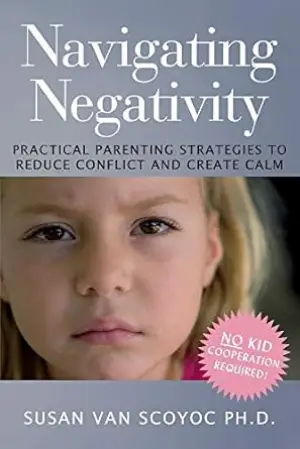Tender Is the Flesh: A Haunting Reflection on Humanity
Agustina Bazterrica’s Tender Is the Flesh caught my attention long before I cracked the spine. I had heard whispers of its unsettling premise—the idea of a world where humans have become the commodity of choice for meat. I felt an odd tug of curiosity mixed with trepidation, wondering how Bazterrica would navigate such a gruesome reality. Would it simply be sensational horror, or would there be deeper echoes of our own humanity woven within?
The story centers on Marcos, a worker at a “special meat” processing plant in a dystopian world ravaged by a virus that rendered animal meat toxic. The chilling transition from livestock to humans as a food source feels disturbingly plausible—a reflection of our society’s dark underbelly when desperation is at play. Through Marcos, Bazterrica explores themes of desensitization, moral compromise, and the human condition. As readers, we become witnesses to a society that shockingly normalizes horrors—a metaphor for the commodification of life, reminiscent of real-world atrocities.
Bazterrica’s prose is stark and unflinching. It mirrors the clinical detachment of the world she’s crafted. I found myself immersed in the chillingly mundane aspects of Marcos’s life, as he grapples with solitude—his wife’s absence and a father succumbing to dementia. This juxtaposition of personal loss against the backdrop of societal decay makes for a haunting reading experience. The narrative pacing quickens as Marcos receives a "gift," a live specimen meant to be slaughtered. Gradually, he begins to see her as more than mere “product,” leading to a reckoning of his moral compass. Their forbidden bond serves as a poignant reminder of what’s been lost in a world stripped of empathy.
One cannot overlook how the language itself becomes complicit in the horror. Human beings are referred to as “heads” and “bodies,” stripping away their humanity. This chilling shift in perception left me questioning our own worldview—how easily humanity can blind itself to the suffering of others. As one reviewer aptly put it, Bazterrica doesn’t write monsters; she writes ordinary people doing horrifying things.
A memorable moment for me was when Marcos reluctantly tours the processing facility. As he navigates its stark reality, the words flow over him like chilling water—the disconnect between the horrific slaughter happening around him and his increasingly blurred sense of right and wrong was palpable. It resonated with me long after I turned the final page.
This book is not for the faint-hearted; it demands emotional engagement and introspection. If you’re willing to confront uncomfortable truths about our societal norms, Tender Is the Flesh offers a gripping exploration of morality, survival, and the lengths we go to in order to rationalize our existence.
I would recommend this book to readers who appreciate dystopian fiction that forces them to grapple with ethical dilemmas. It’s perfect for those who relish intense literary experiences that linger long after you’ve closed the cover. Personally, this dark yet profound tale left me reflecting on the fragility of our humanity and the choices we make—even those we deem unthinkable. It’s not just a story about cannibalism; it’s a mirror held up to our very souls.






